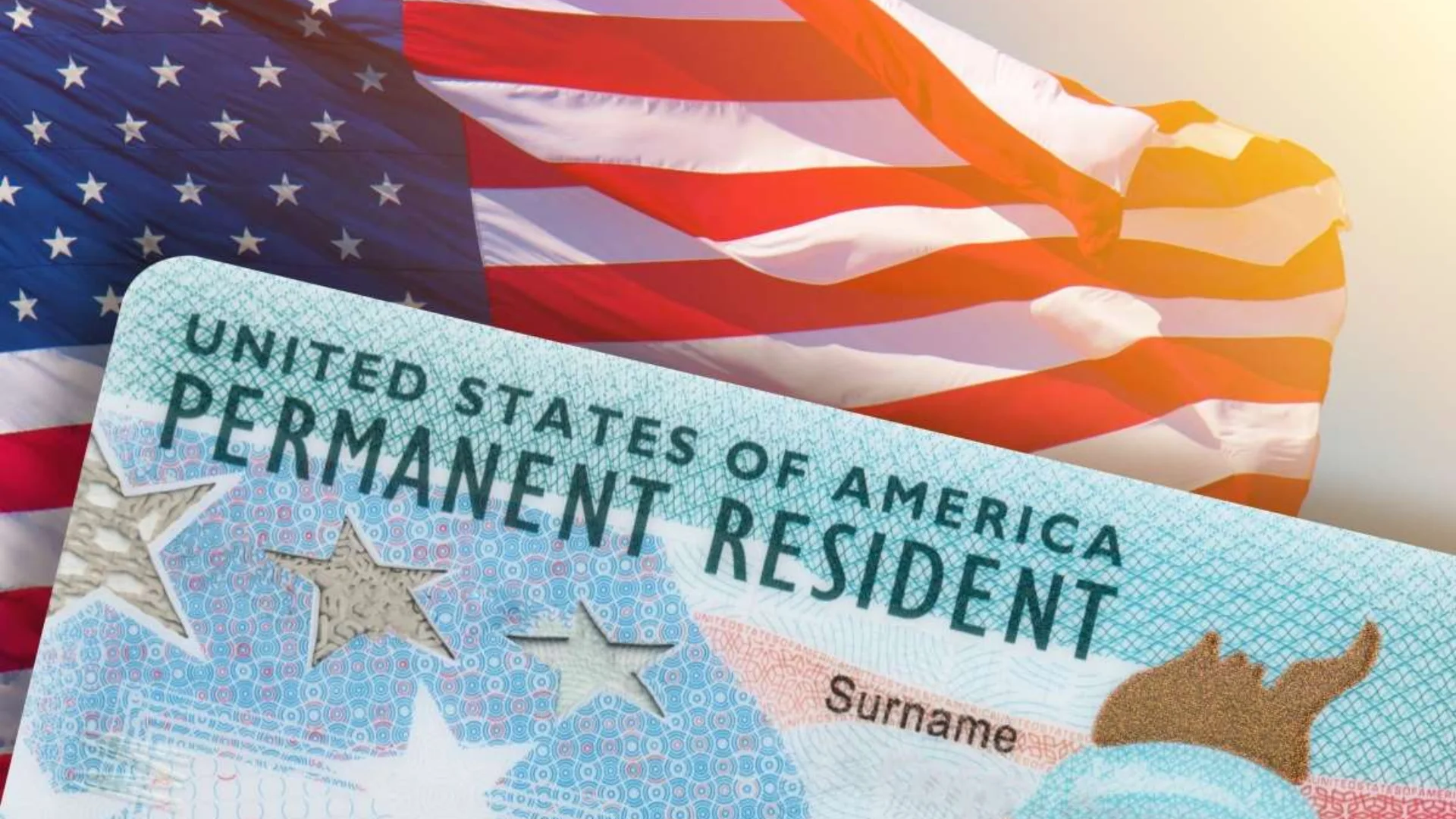We want to make sure you shop securely because the Black Friday bargains have already started. Find out if your financial institution gives “temporary numbers” for debit and credit cards, which make it practically impossible for your number to be stolen during this busy shopping season.
Thankfully, the introduction of online shopping has made finding the ideal present much simpler. But be sure you’re not putting yourself in danger before starting an internet buying addiction.
Shop secure sites only
Verify that the website you are on is authentic and secure before entering any personal or financial information. To tell, simply look for “https” at the start of a website’s address. Your data won’t be protected if there isn’t a “s” at the end of the “http” address, which indicates that the site is not encrypted. The “s” is included on all trustworthy buying websites for your security.
Update your software
One of the simplest ways to protect your information is to update your software, yet many people put it off. Software updates are frequently published to help with security improvements and combat newly discovered assaults. While having to wait while your computer (or smartphone) updates and restarts may seem annoying, the security advantages are definitely worth it. Do it the next time a notification pushes you to upgrade your software.
Don’t click on Unknow links
We always advise avoiding clicking links in emails or messages unless you are very certain that they are secure. But given that fraudsters are skilled at spoofing, even links you receive from sources you might trust could be dangerous. How do you determine when it is safe to click, then? You can determine whether the link is secure or not by asking a few key questions in the beginning.
- Where did the link come from?
- Why am I clicking the link?
- Does the link look right?
Strengthen your passwords.
Your best line of defence when it comes to protecting your private information is a strong, Unique password. Make the effort to change your passwords if you use the same one across many websites. Use a password manager to help you create and keep track of the kinds of long, complex passwords that are not worth a hacker’s time to crack if you want to be practically hack-proof.
Use your credit card
it is still important to remember: use your credit card while shopping online rather than your debit card.
With a debit card, you may make purchases directly from your checking account, and the money is taken out of your account nearly instantly. If you fall victim to phishing, it’s possible that the scammers will be able to repeat the transaction or use your card information to make purchases elsewhere, deducting funds directly from your account.
You’ll have more time to contact your bank and submit a claim if you fall for a scam while using your credit card. Additionally, the majority of popular credit cards include some sort of insurance or defence against online fraud. If that’s the case, after informing your bank, you’ll probably immediately see the money the scammers stole credited to your statement.
Use a VPN
Your internet connection is essentially put in private mode by virtual private networks (VPNs). Using a VPN is your best line of defence against hackers if you have to shop on your phone or on a public network. Start securing your transactions right away by checking out our top VPN choices.
You don’t want unpleasant surprises like having your identity stolen or having your bank account empty. Use these smart internet purchasing advice to ensure that your holiday surprises are only pleasant ones.











